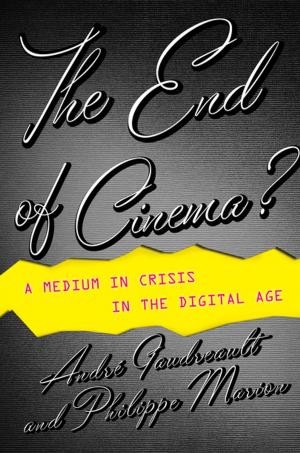The Cinema of Steven Spielberg
Empire of Light
Nonfiction, Entertainment, Film, History & Criticism, Performing Arts| Author: | Nigel Morris | ISBN: | 9780231503457 |
| Publisher: | Columbia University Press | Publication: | February 13, 2007 |
| Imprint: | WallFlower Press | Language: | English |
| Author: | Nigel Morris |
| ISBN: | 9780231503457 |
| Publisher: | Columbia University Press |
| Publication: | February 13, 2007 |
| Imprint: | WallFlower Press |
| Language: | English |
Cinema's most successful director is a commercial and cultural force demanding serious consideration. Not just triumphant marketing, this international popularity is partly a function of the movies themselves. Polarised critical attitudes largely overlook this, and evidence either unquestioning adulation or vilification-often vitriolic-for epitomising contemporary Hollywood. Detailed textual analyses reveal that alongside conventional commercial appeal, Spielberg's movies function consistently as a self-reflexive commentary on cinema. Rather than straightforwardly consumed realism or fantasy, they invite divergent readings and self-conscious spectatorship which contradict assumptions about their ideological tendencies. Exercising powerful emotional appeal, their ambiguities are profitably advantageous in maximising audiences and generating media attention.
Cinema's most successful director is a commercial and cultural force demanding serious consideration. Not just triumphant marketing, this international popularity is partly a function of the movies themselves. Polarised critical attitudes largely overlook this, and evidence either unquestioning adulation or vilification-often vitriolic-for epitomising contemporary Hollywood. Detailed textual analyses reveal that alongside conventional commercial appeal, Spielberg's movies function consistently as a self-reflexive commentary on cinema. Rather than straightforwardly consumed realism or fantasy, they invite divergent readings and self-conscious spectatorship which contradict assumptions about their ideological tendencies. Exercising powerful emotional appeal, their ambiguities are profitably advantageous in maximising audiences and generating media attention.















